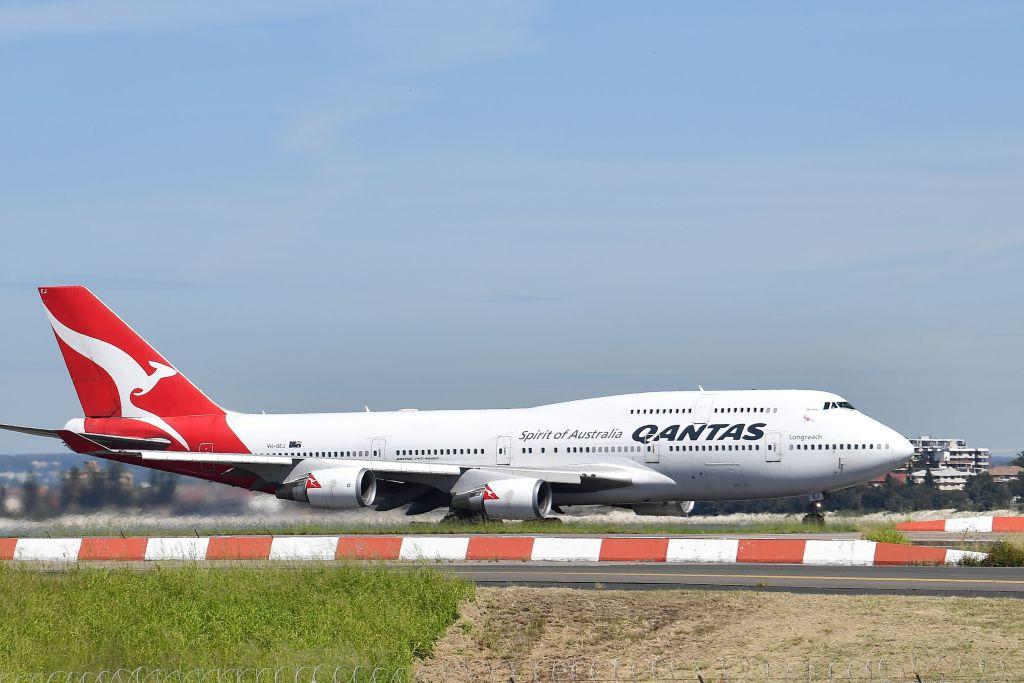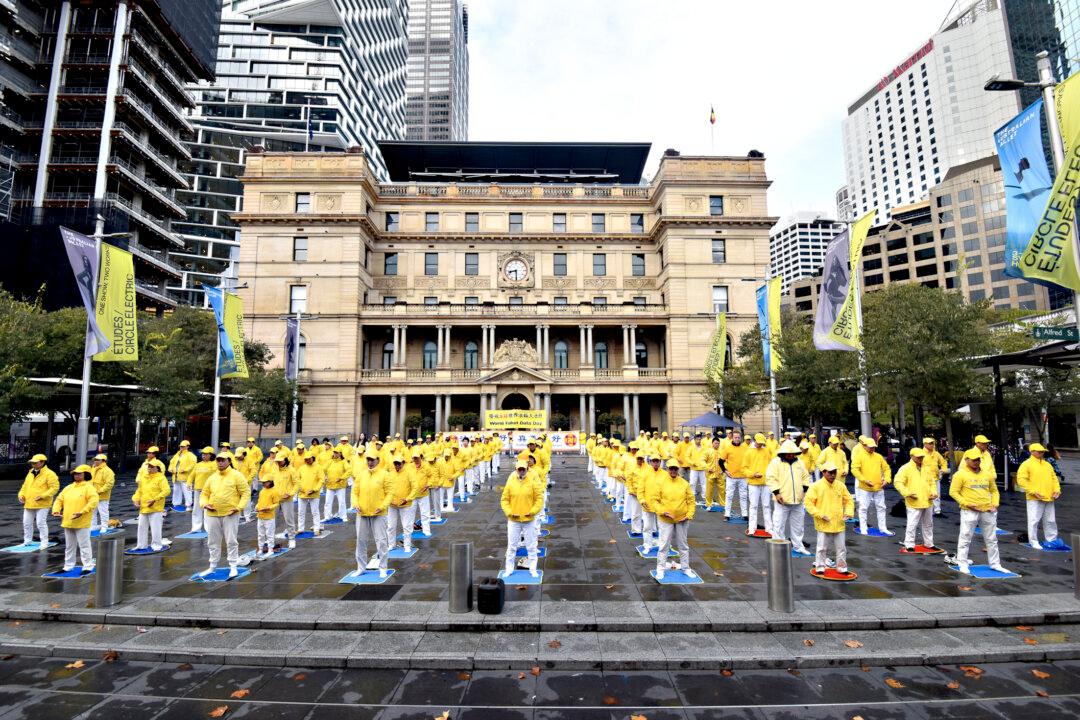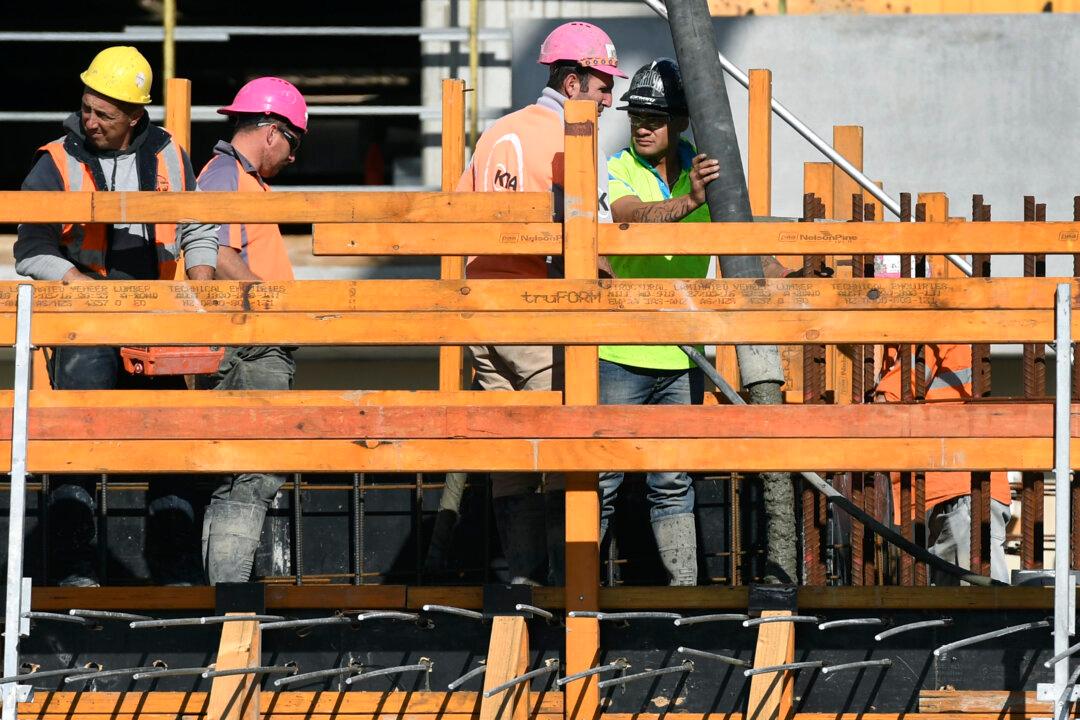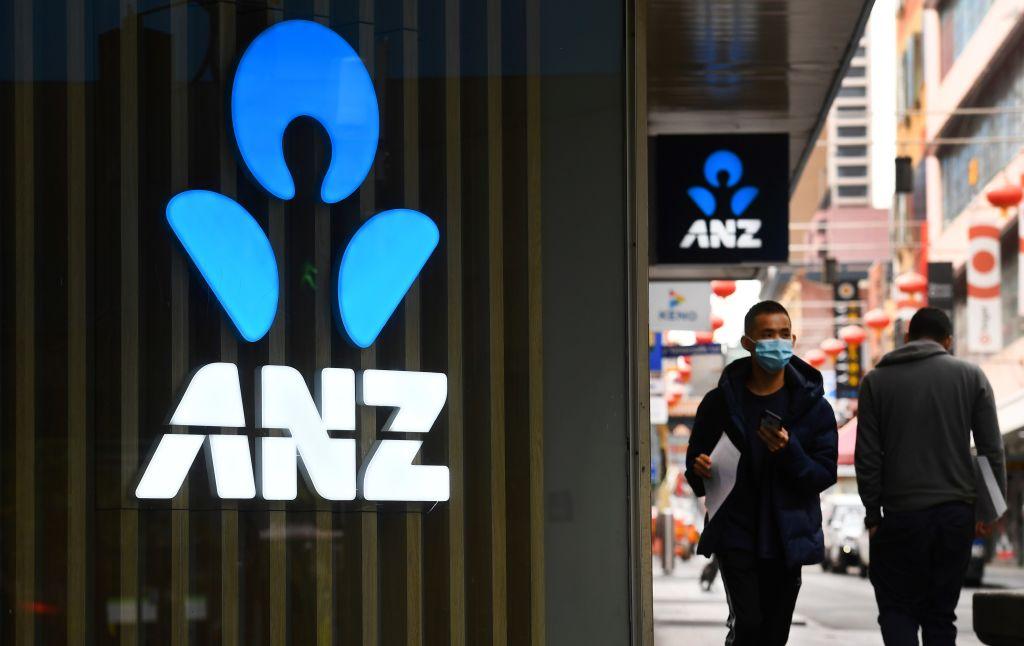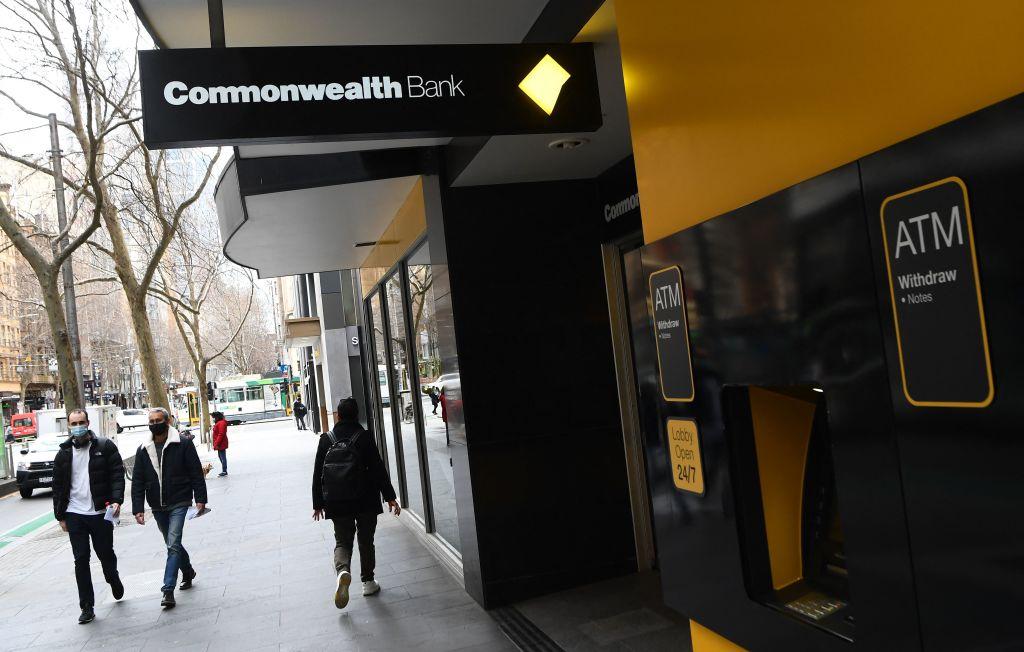Australian airlines are assured of the financial resources needed to sustain domestic air travel services until the end of December after the federal government announced an extension of its support to the sector to facilitate the nation’s economic recovery from the pandemic induced by the CCP virus.
In the meantime, Qantas Group and Virgin Australia have confirmed the suspension of their subsidised international flights from June 8 after their government-contracted rescue flights expired.
